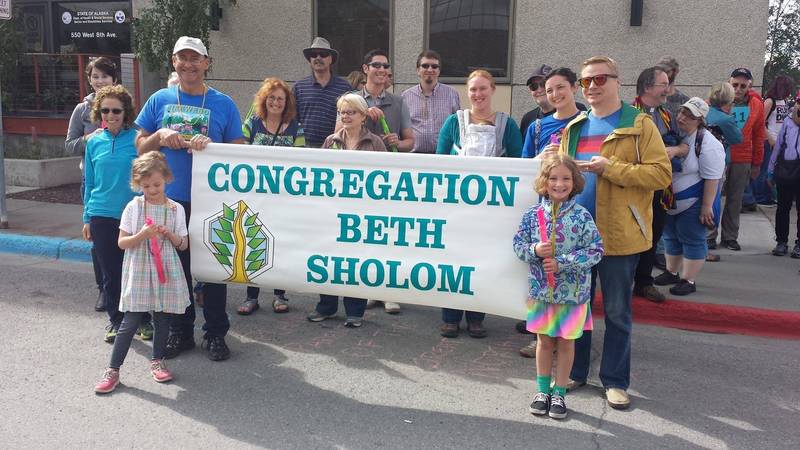
Congregation Beth Sholom welcomes all visitors who wish to worship with us. We are a progressive congregation affiliated with The Union for Reform Judaism and are proud to be of service to those from diverse Jewish backgrounds. Please visit our About CBS page for a description of our values.
Friday Night Shabbat Services 6pm
Join us in person or watch services livestreamed on YouTube and don't forget to subscribe!
The second Friday of the month is a Family Service starting at 6pm followed by Oneg and a regular Shabbat service at 7:15pm.
Alaska Judaism Media channel is a part of Congregation Beth Sholom's commitment to bringing Tikkun Olam, Jewish education, and values to our Alaskan community.
Congregation Beth Sholom
Congregation Beth Sholom is a diverse and inclusive Jewish community, welcoming people of all ages, backgrounds, family structures, and worship styles.
Click here if you are interested in joining our congregation
Make a Donation

Congregation Beth Sholom operates on the goodwill of our members and the community. We welcome your generous donations.
Here are a few ways you can help.
- Support our Shabbat livestream in memory or in honor of a special person or occasion, or simply to share the joy of Shabbat with the community.
- Rabbi's Discretionary Fund
- Jewish Education Center (JEC)
- Scholarship Fund
- Planned Giving



